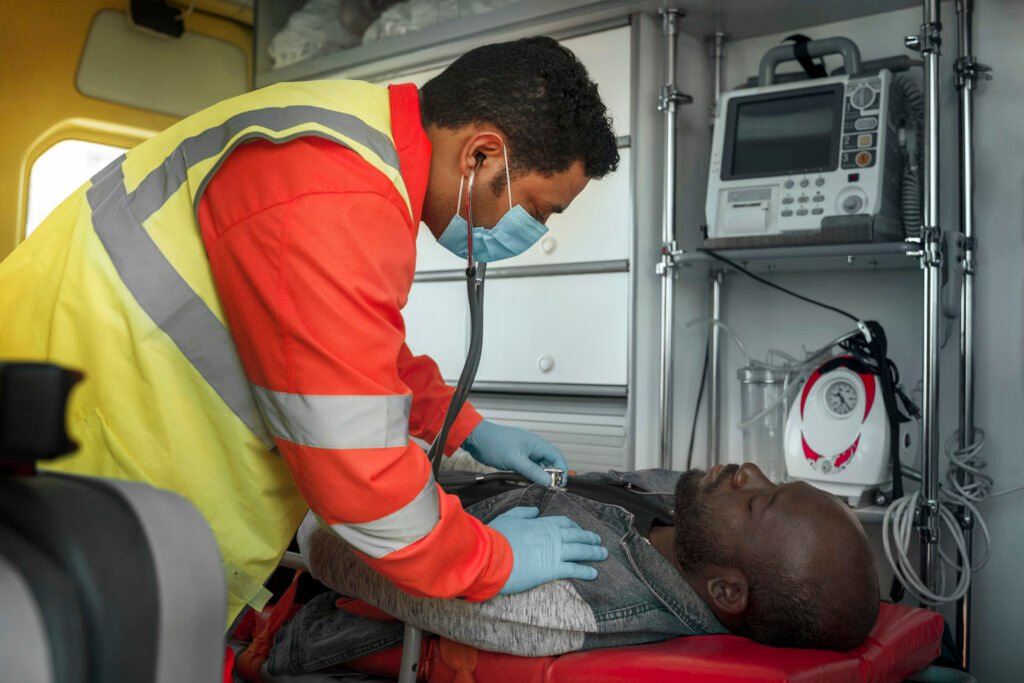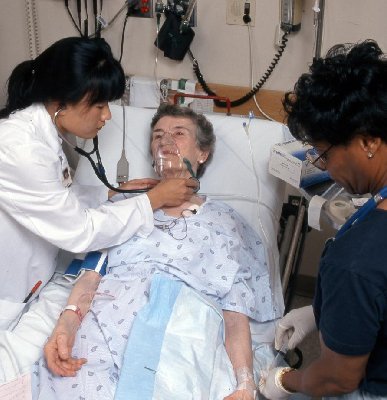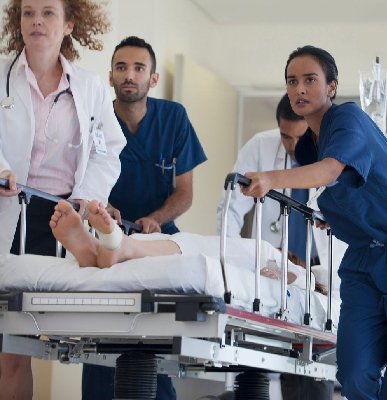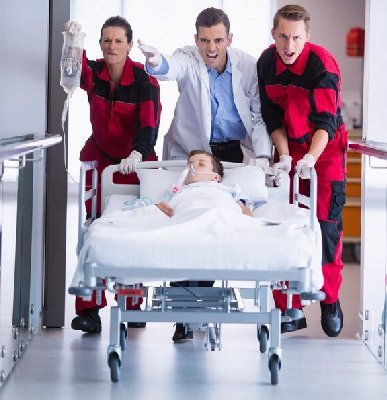
Emergency Medicine is a critical branch of medicine dedicated to the diagnosis and treatment of unforeseen injuries or illnesses that require immediate medical attention. It encompasses a wide range of acute conditions, including trauma, heart attacks, strokes, infections, and severe pain episodes. Practitioners of Emergency Medicine, known as Emergency Physicians, are trained to make rapid decisions to stabilize patients and prevent further harm. They work in Emergency Departments (EDs) of hospitals, where they manage life-threatening emergencies alongside other urgent health issues. This specialty is characterized by its high-paced, unpredictable nature, requiring a broad knowledge base and proficiency in various procedures to address the immediate needs of patients across all age groups, often under pressure.
Vihaan Hospital & Research Centre’s Emergency Medicine department stands as a beacon of hope for those in urgent need of medical care. Equipped with state-of-the-art technology and staffed by highly trained emergency physicians and nurses, the department is prepared to handle a wide array of medical emergencies around the clock. From life-threatening conditions such as heart attacks and strokes to acute injuries and infections, the team provides rapid, comprehensive care to stabilize patients. The department’s efficient triage system ensures that each patient receives immediate attention based on the severity of their condition. With a focus on compassionate care and cutting-edge treatment, Vihaan Hospital’s Emergency Medicine department is dedicated to saving lives and serving the community in times of critical need.
Emergency Medicine F&Q's
Emergency Medicine is a medical specialty focusing on the immediate decision-making and action necessary to prevent death or further disability in patients experiencing acute illness, injury, or other urgent health conditions. It involves a broad spectrum of knowledge to treat all kinds of emergencies regardless of the cause.
An Emergency Department is staffed by a team of healthcare professionals including Emergency Physicians, nurses specialized in emergency care, paramedics, medical technicians, and support staff. They work together to provide rapid, lifesaving medical attention.
Common conditions include cardiac events like heart attacks, strokes, respiratory distress, traumatic injuries from accidents, acute abdominal pain, severe infections, and psychiatric emergencies, among others.
Emergency Physicians are trained to rapidly assess patients’ conditions through physical examination, medical history, and urgent diagnostic tests. They prioritize treatments based on the severity of the condition, employing advanced life-saving protocols and interventions to stabilize patients.
Triage is a process used in Emergency Departments to prioritize patient care based on the severity of their conditions. It ensures that those who are in the most critical need receive immediate attention, optimizing the use of available resources to save lives and reduce waiting times.
While Emergency Medicine specialists primarily focus on acute care and stabilization, they may arrange for follow-up care with appropriate specialists or primary care providers. However, they usually do not provide long-term care themselves, as their main role is to address immediate life-threatening conditions.











